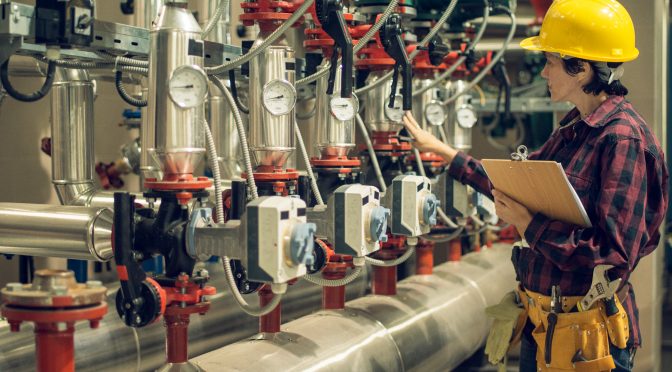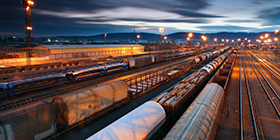The Heat Pump Controller is a price responsive predictive controller for heat pumps in domestic houses.
With the new controller, energy costs can be reduced by demand modelling and controlling of the heat pump. By means of flexible demand side response, a balance between energy production and consumption is achieved using a market price responsive controller system. The solution includes stochastic grey box models to analyze the heat dynamics in buildings and an economic model for cost-efficiency optimization.
 Impact
Impact
The potential economic savings of the Heat Pump Controller for one household is an estimated 16% savings in the dynamic tariff and 8% in flat tariff.
 Solution insights
Solution insights
The Heat Pump Controller solution is a controller device developed for fluid-borne heating system in domestic houses. The system includes a heat pump and a solar collector. The controller uses a water tank as a buffer to store the energy produced by the heat pump when the price of electricity is low. This low cost energy is then used for space heating and hot tap water together with the energy accumulated by the solar collector on the roof of the domestic house. The controller facilitates that a domestic house achieve an optimal use of renewable energy from the wider grid.
The Heat Pump Controller solution uses model predictive control technologies that are able to benefit from probabilistic forecasts of heat load and energy prices. Thus, models for the heat pump and water tank, accounting for their stochastic and dynamic features, are identified using stochastic differential equations. These models are then implemented in an economic model predictive controller integrated into the energy system of the domestic house.The predictive controller uses 24 hours forecasts of the spot prices, house combined heat-load and tap water consumption as well as solar thermal power production.
An interface is used to keep track of the multiple signals. This interface consists of two panels. In the first an illustration of signals are fed into the controller. In the second, the user can analyze the forecasts for the next 24 hours.
The temperature of the water tank is controlled by stochastic differential equations model based on its heat dynamics.
The experimental setup for the development of the heat pump controller was set up at Grundfos test Facilities composed by the following elements:
- 600 l Stratified Hot Water Tank
- 7.2m2 Solar Thermal Collector
- Heat pump – 7 kW with variable speed compressor
- Domestic Hot Water Grundfos fresh water module
- District heating back-up
- Local Weather Station
- Kamstrup Multical Heat Meters
Domestic buildings can contribute to ensuring this balance either by exploiting the inertia in their thermal mass or through the installation of storage tanks. Indeed, both options imply a certain flexibility as to when electricity should be consumed for heating purposes. The optimal use of this flexibility requires forecasts of heat loads as well as of electricity prices, and smart appliances that are able to exploit these forecasts and turn them into control actions.
Buildings are responsible for 40% of the global energy consumption. In energy systems with a large integration of fluctuating renewable sources, maintaining the instantaneous balance between energy production and consumption is the key to cost- and consumption efficiency.
For the Heat Pump Controller, temperature sensors are used to monitor different temperatures in the hot water tank, rooms, floors, water in the pipes, ambient and solar thermal collector of a domestic house. Several energy meters provide information such as flow, send and return water temperatures and energy consumption in high resolution. An MET station placed outside the house measure the ambient temperature, humidity, wind chill, wind speed, wind direction, rain rate, solar radiation, UVs, solar energy and solar radiation.
 Further information
Further information
The project of CITIES Research Center is expected to continue on improving the solution until June 2017.
The demonstration project for development of the Heat Pump Controller was conducted by CITIES Research project at DTU Compute in collaboration with Grundfos and ENFOR. The test facility – a family house in southern Denmark – was provided by Grundfos together with an energy management controller for the project. A forecast services for control of heat pumps was provided by ENFOR and the expertise and knowledge about predictive controller for heat pumps and stochastic grey box modelling was provided by DTU Compute.




